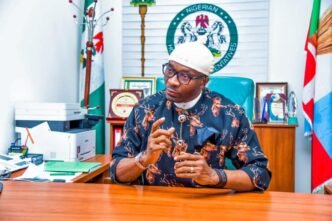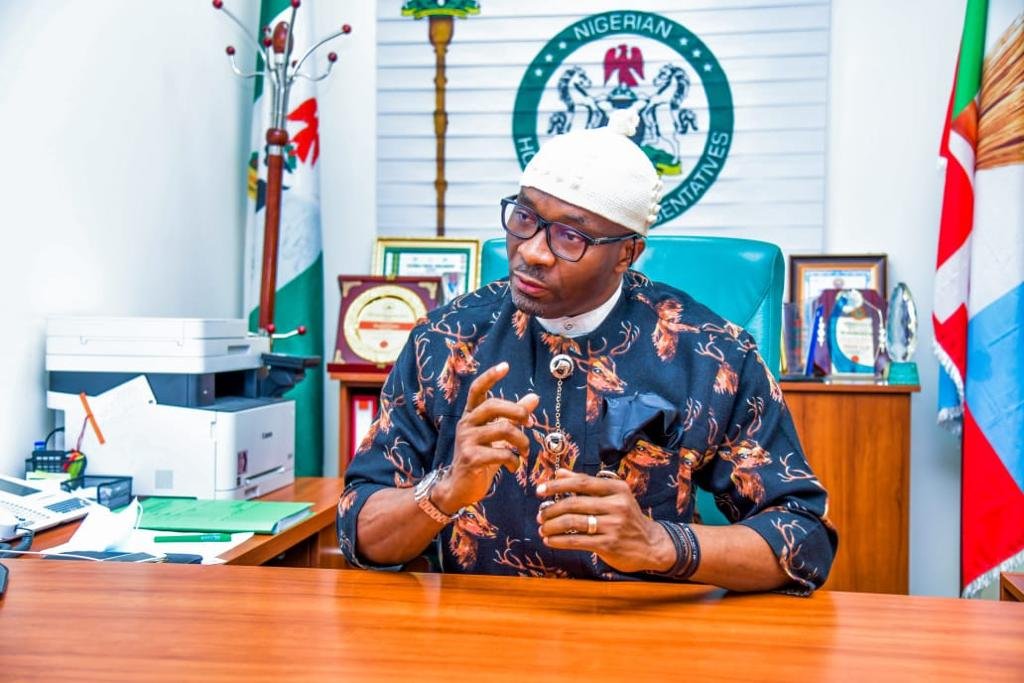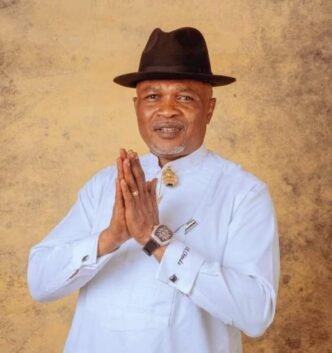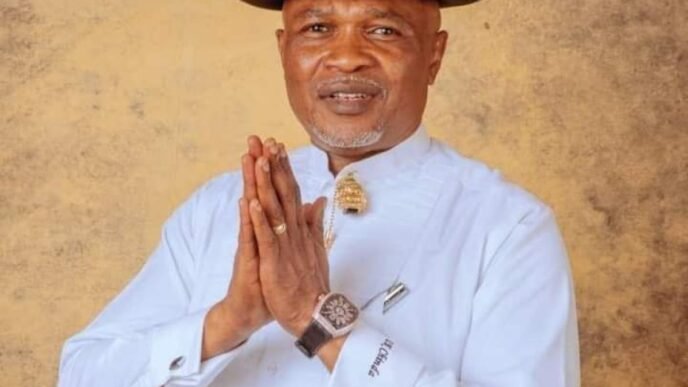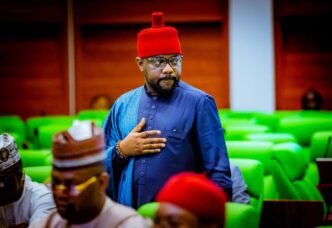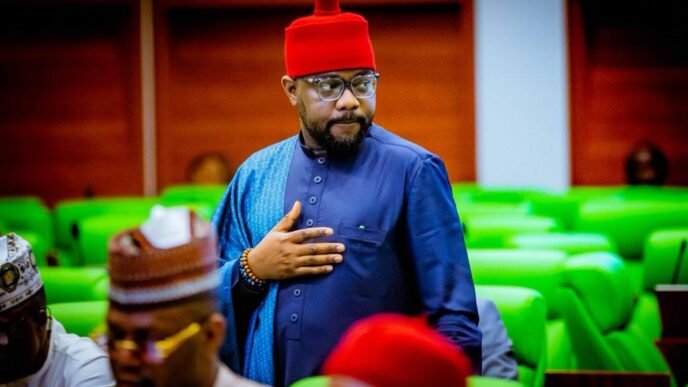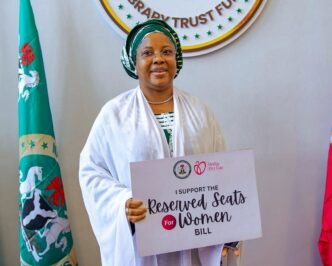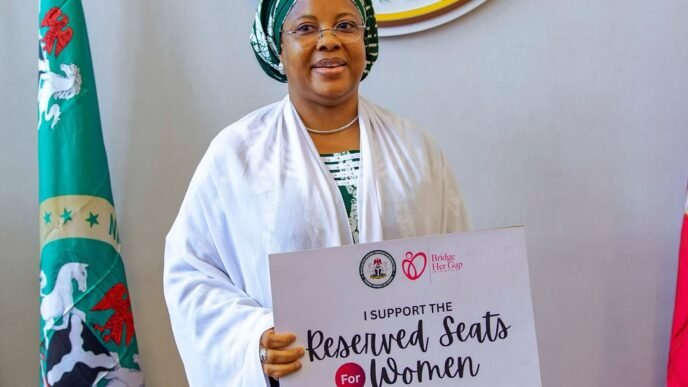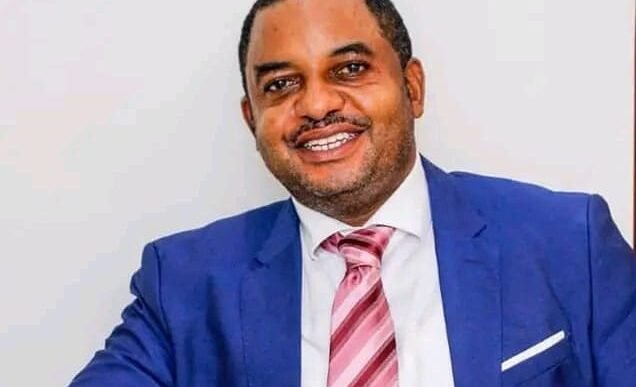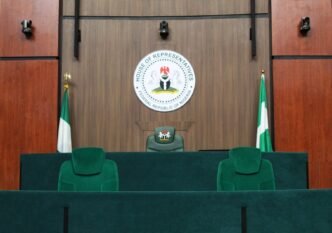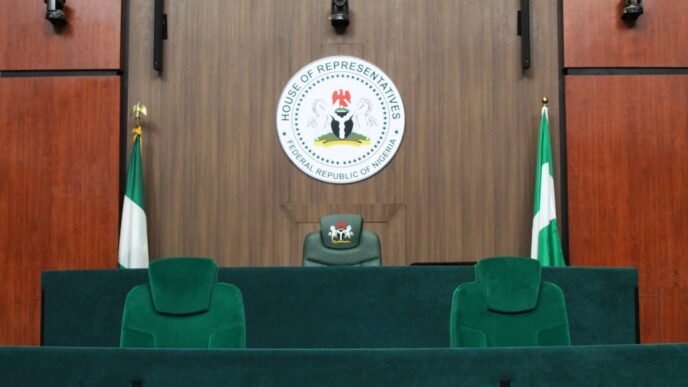HB. 1189 – A BILL FOR AN ACT TO ALTER THE PROVISIONS OF THE CONSTITUTION OF THE FEDERAL REPUBLIC OF NIGERIA, 1999 TO PROVIDE FOR SPECIFIC SEATS FOR WOMEN IN THE NATIONAL AND STATE HOUSES OF ASSEMBLY; AND FOR RELATED MATTERS. Bill Sponsor: Hon. Benjamin Okezie Kalu. Bill Progress: Committee Stage
This Bill seeks to alter Sections 48 and 49 of the Constitution to provide for specific seats for women in the National and State Houses of Assembly. The following are proposed:
In the Senate: One additional Senator for each State and the Federal Capital Territory, who shall be a woman.
In the House of Representatives: Two additional members for each State and the Federal Capital Territory, who shall be women.
In the House of Assembly: An expansion of members to be 3 or 4 times the number of House of Representatives members, and one member from each senatorial district shall be a woman in the House of Assembly.
The core purpose of HB 1189 is to amend the 1999 Constitution to establish these reserved seats as a means of increasing the number of women in legislative positions. Nigeria has one of the lowest rates of women’s political participation globally, and this bill seeks to remedy that by facilitating greater representation in decision-making processes.
A key feature of HB 1189 and similar proposals is the idea of temporary special measures. These specific seats are proposed to be subject to a “sunset clause,” meaning they will be reviewed after 16 years or four election cycles. This approach aims to correct historical inequalities and empower women in politics more effectively in the future. Importantly, the bills propose adding new seats for women rather than reserving existing constituencies, a strategy designed to mitigate potential backlash from male legislators.
Direct elections are also a significant aspect of this initiative, ensuring that the women who occupy these special seats will be democratically elected by their constituents.
Currently, HB 1189 is actively under consideration in the 10th National Assembly as part of a broader constitutional review process. It is one of several bills, including HB 1349, HB 1421, and HB 1811, that share similar objectives regarding the establishment of special seats for women. The Speaker of the House of Representatives, Rt. Hon. Tajudeen Abbas, has emphasized the importance of achieving a national consensus on these “Reserved Seats for Women Bills,” indicating substantial support from the House leadership for the initiative.
Engagement with the public is also a priority for the legislative process, as public hearings and strategic roundtables are being conducted to gather input from a diverse array of stakeholders, including women’s groups, civil society organizations, and traditional institutions.
While the Speaker is actively championing the broader cause of women’s representation in politics, the specific parliamentary records list the primary sponsor for each bill. HB 1189 has been highlighted by the Speaker as a key proposal for which he is gathering support, suggesting he is either serving as its primary sponsor or acting as a strong advocate.
The success of HB 1189 and similar bills ultimately depends on acquiring enough backing in both chambers of the National Assembly and achieving the necessary two-thirds approval from the State Houses of Assembly before being sent for presidential assent. If successful, this initiative could represent a transformative step towards greater gender equity in Nigerian politics, enhancing women’s roles in governance and decision-making.
